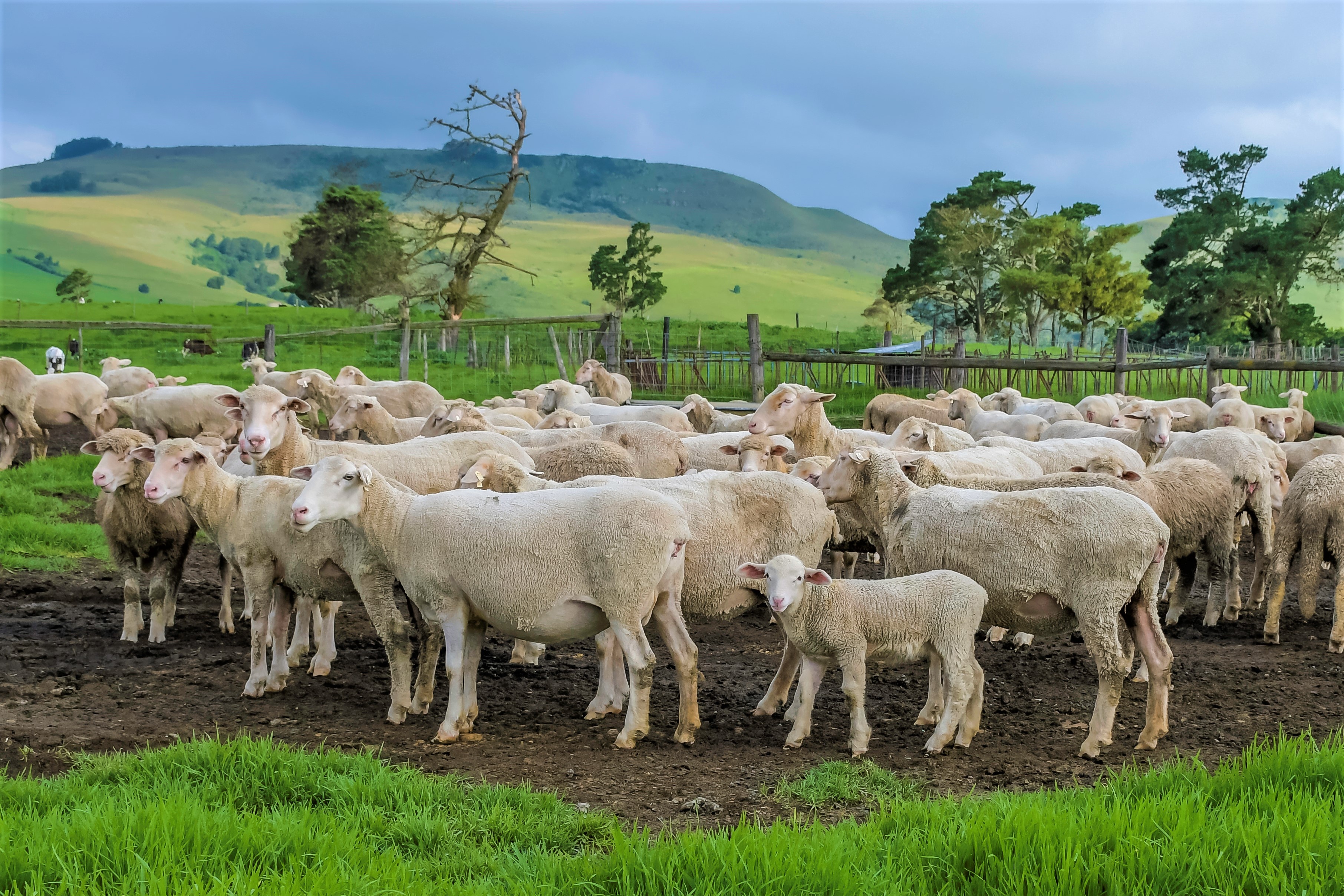Earth intelligence and One Health: applying transdisciplinary insights to animal health

Zoonotic diseases account for about 60% of human infectious diseases, and 75% of new or emerging infections originate from animals. Meanwhile, animal diseases cause more than 20% of global livestock and poultry production losses, with direct impacts to food security and livelihoods.
Combining Earth Intelligence with animal health information gives us a way to understand these risks earlier and act faster.
The GEO Health Community of Practice (CoP) Animal Health Work Group connects these domains through the One Health approach, promoting collaboration that recognises the value of animals and the ecosystems they rely on.
This effort brings together veterinarians, public health and other governmental authorities, researchers and environmental agencies to monitor zoonotic diseases, support joint prevention and mitigation strategies, and address issues such as antimicrobial resistance (AMR) and food safety.
Earth Intelligence for animal health
Earth observation data on temperature, precipitation, vegetation, land cover and water can reveal the environmental drivers of disease. Where traditional surveillance is patchy or remote areas are hard to reach, Earth observation provides a consistent view from habitats to production systems.
When this data is integrated with in situ and animal health data, it becomes possible to a) see how stressors such as deforestation, flooding or marine heatwaves may increase disease risk and b) support more proactive, sustainable ecosystem and animal health management.
Addressing data gaps and challenges
Despite its potential, Earth observation data is still underused in animal health. Barriers include the cost or licensing of some datasets, limited relevant skills in veterinary and animal health services, and weak collaboration between data producers and health data users.
Progress will depend on co-developing local data products tailored to species, production systems and community needs; investing in capacity building; and making greater use of open platforms like Copernicus and Google Earth Engine so that near-real-time environmental insights feed directly into surveillance and planning.
Promoting solutions
The Animal Health Work Group helps translate science into action by building partnerships with groups like the American Veterinary Medical Association and the Wildlife Disease Association to raise awareness of Earth observation-enabled approaches. Through participation in forums such GeoVet and the World One Health Congress, the group shares findings, gathers feedback and identifies emerging priorities.
Current efforts focus on strengthening zoonotic disease surveillance and piloting initiatives, while long-term initiatives aim to embed One Health and Earth observation across education, research and policy to improve preparedness for future animal health challenges.
To learn more, visit the GEO Health CoP Animal Health Work Group page or get in touch.